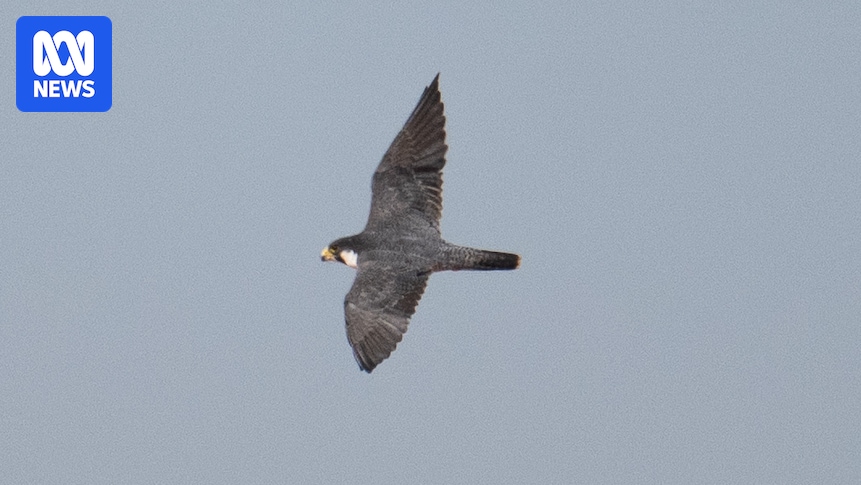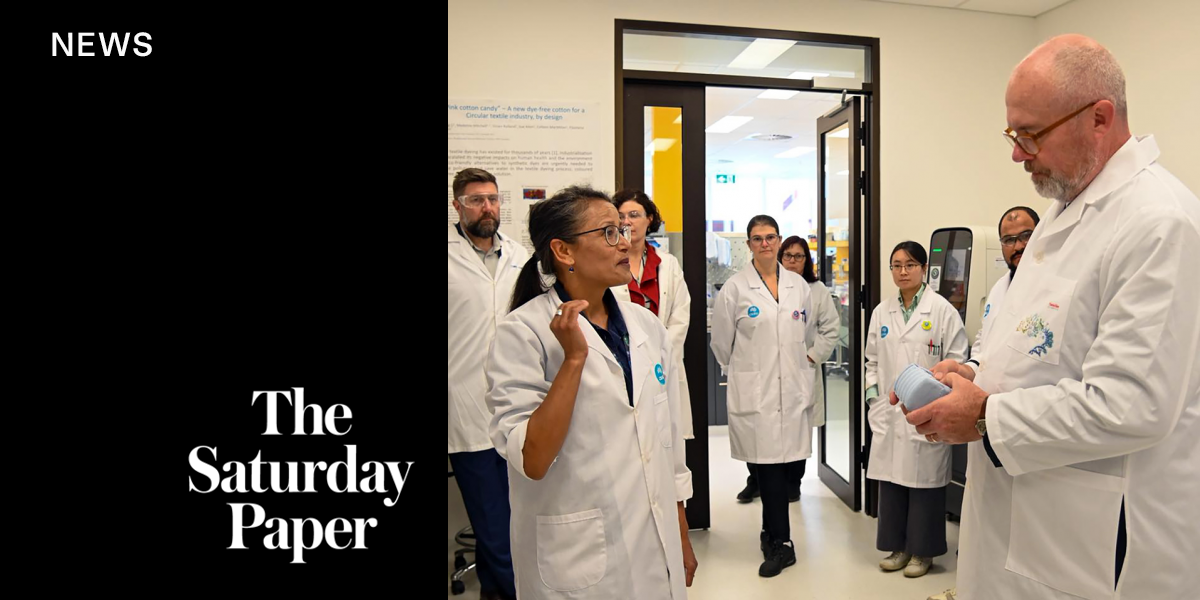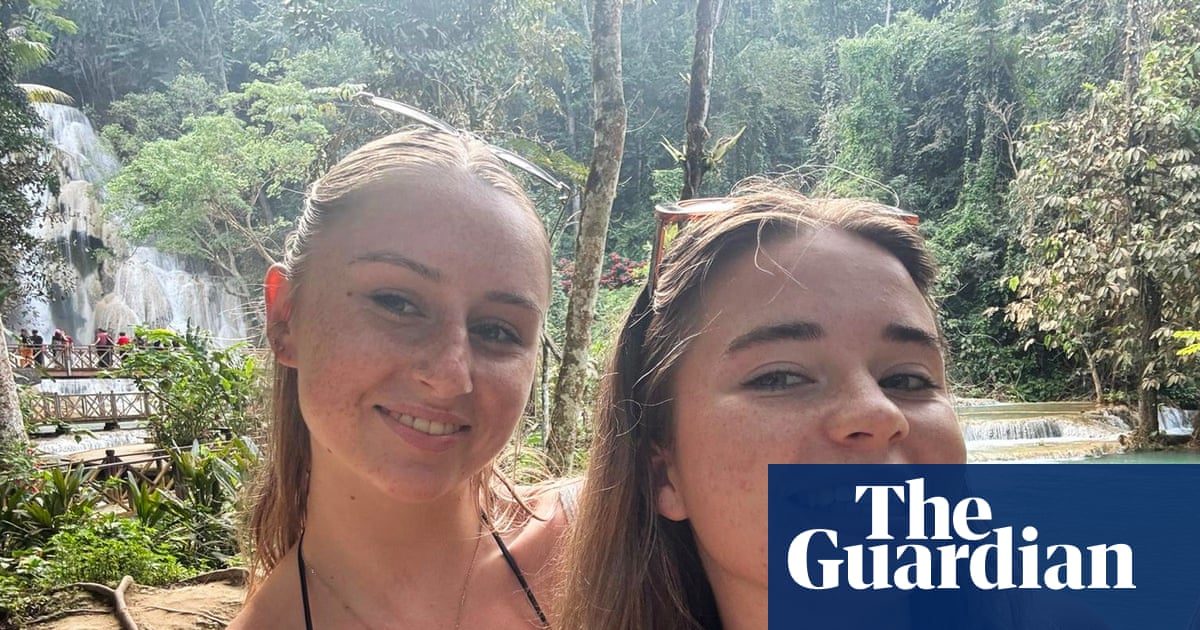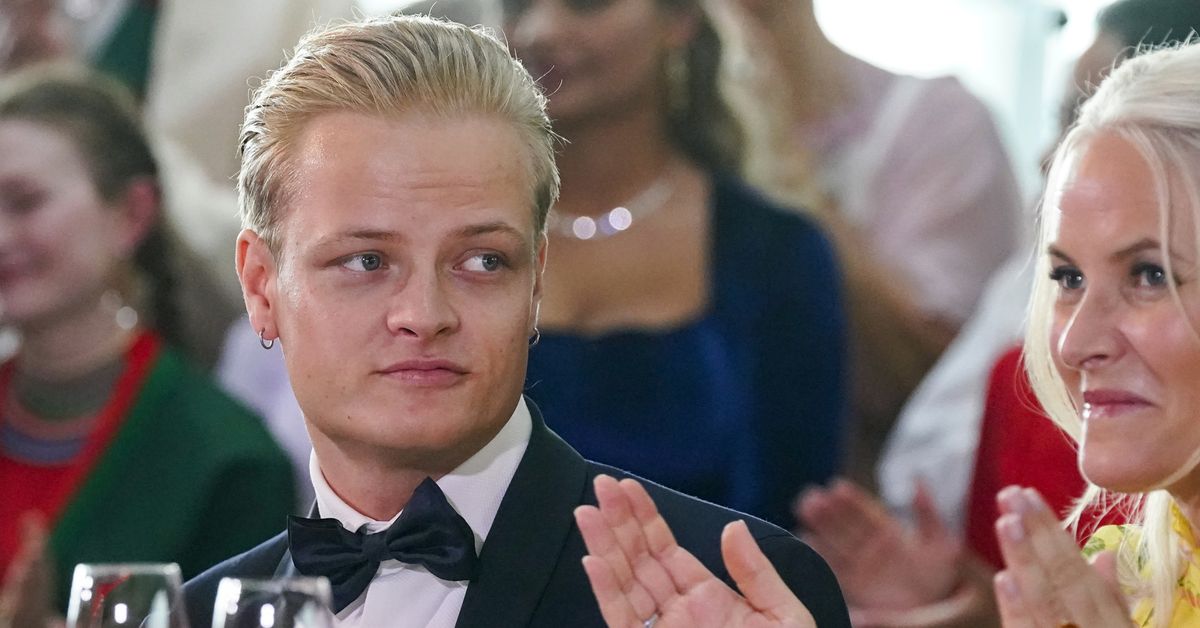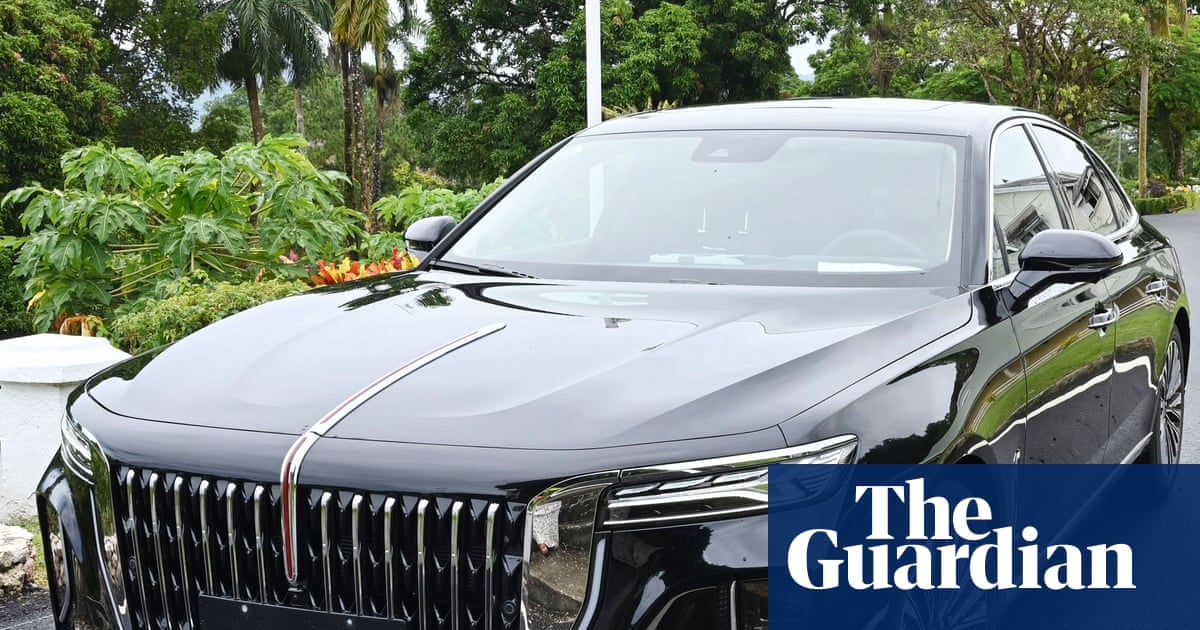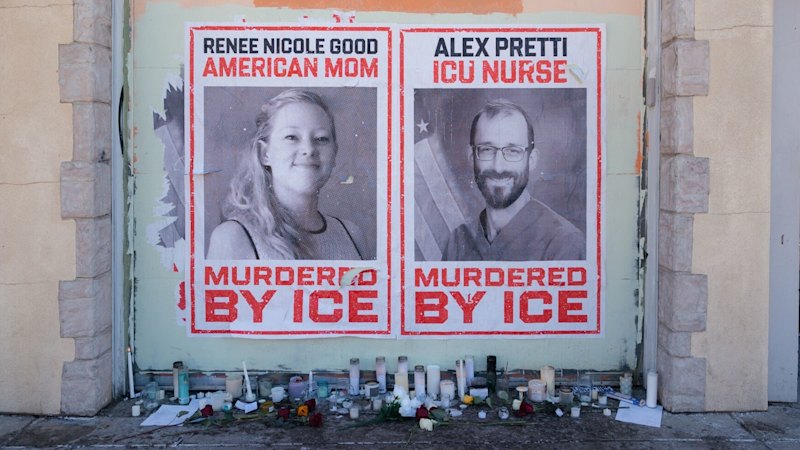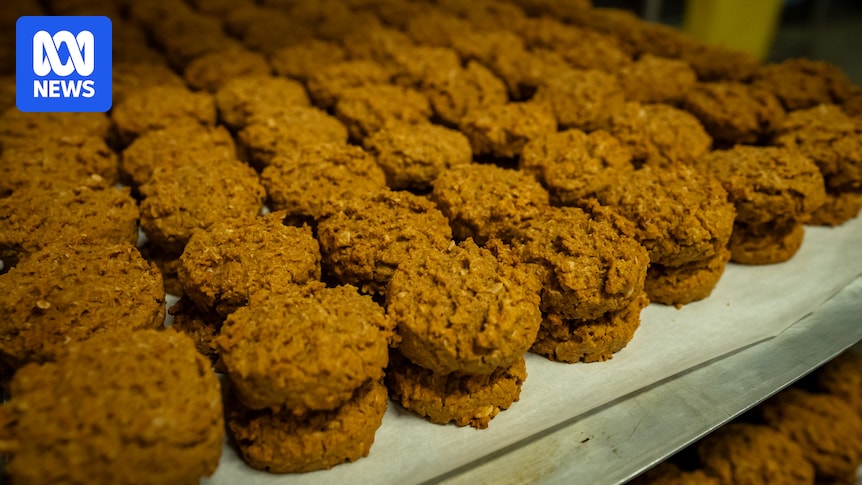
The sweet, nostalgic scent of Anzac biscuits fills the air in a small factory in Toowoomba, Queensland. These are not just any biscuits; they are made with Gloriously Free Oats, or GF Oats, which are free of gluten contaminants. Despite their purity, these oats cannot be labeled as “gluten-free” due to Australian regulations.
Kylie Martin, the founder of GF Oats in 2009, embarked on her journey to find truly gluten-free oats after her children were diagnosed with gluten intolerance. “I had a recipe I used to make every year with my children,” she recalls. “I started playing around with it. I had to make it gluten-free.”
The Gluten-Free Journey
Ms. Martin’s quest led her to discover a company in the United States that processed oats specifically to avoid gluten contamination. “I had never heard of it,” she said, expressing her excitement upon learning that oats could be safe for people with gluten intolerance if processed correctly. This discovery was pivotal, as she grew up eating porridge in western Queensland.
In 2021, after years of importing oats from the U.S., Martin partnered with two West Australian farmers, including Kim Rintoul, to grow and process oats without cross-contamination. This partnership not only ensured the purity of their product but also provided employment opportunities for people with disabilities through the Endeavour Foundation.
The Labelling Conundrum
Oats are naturally gluten-free, but they often become contaminated with gluten during processing alongside wheat, rye, and barley. Additionally, oats contain avenin, a protein similar to gluten, which can affect some individuals with coeliac disease. Despite GF Oats’ efforts to maintain purity, Australian regulations prevent them from labeling their products as gluten-free due to the presence of oats.
Coeliac Australia lead dietician Kim Faulkner-Hogg highlights the confusion caused by the lack of regulation.
“What we would really like to see is this one label for oats, for the 90 percent of people with coeliac disease who know that they can actually eat the oats to come in and find that label on the shelf,” Dr. Faulkner-Hogg stated.
Currently, Food Standards Australia and New Zealand (FSANZ) do not require testing for gluten contamination, leaving a gap in consumer safety and confidence. Dr. Faulkner-Hogg advises individuals to consult with their medical team to determine if oats are suitable for them.
From Farm to Factory
West Australian farmer Kim Rintoul plays a crucial role in the production of GF Oats. On his property in Wandering, he takes meticulous steps to prevent gluten contamination, dedicating specific machinery and a self-built mill for processing oats. “We have to clean down the mill whenever we do that,” he explains, ensuring no cross-contamination occurs before the oats are shipped to Toowoomba for packaging.
Community and Employment
Kylie Martin’s business is more than just producing biscuits; it is about creating a community with a purpose. By partnering with the Endeavour Foundation, GF Oats provides employment for up to 40 individuals, offering them not only a job but also a sense of belonging. Ryan Forsyth, an Endeavour employee, appreciates the social aspect of his work, stating,
“I’m not that fussed about money. But I … just like to chat here and there around people and get these jobs done.”
Greg McCluand, executive general manager for the Endeavour Foundation’s work portfolio, emphasizes the educational benefits of the partnership. “Employees learn about food safety,” he notes, highlighting the skills acquired in protecting products from allergens.
Despite the challenges posed by Australia’s labelling laws, Kylie Martin remains optimistic about the future of GF Oats. “We’ll take on the world, I reckon,” she confidently declares, determined to navigate the complexities of the gluten-free market.
